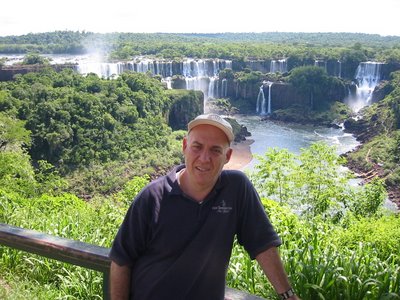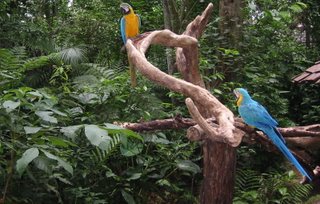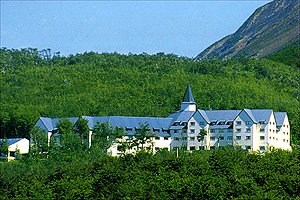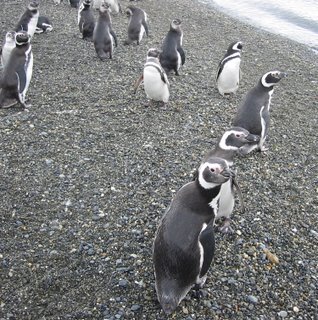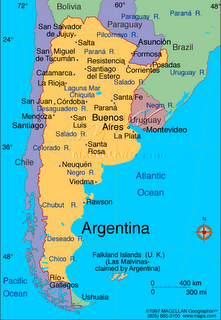I don't want to ruin it for anyone, but #46 is... Paris. Like after you've been to Burma's Mergui Islands, Republic of Congo, Ningxia (China’s answer to Bordeaux), Houston, Delhi, and Pecs (Hungary). And Marseille-- which comes in as the #2 destination of the year! "Whether you travel to eat or shop, surf or ski, new adventures await," this week's Travel Section promised. OK, but if you're looking for any good ideas about where to go... well, I should be fair. There are some. But you have to be discerning enough to remember that they're recommending Paris because "it has a new allure: a green and walkable Right Bank."
Where once there was just a busy road, there are now alder trees, native Seine grasses and wide walking and cycle paths, all due to a 35-million-euro beautification project led by Mayor Bertrand Delanoë. Wooden furniture to stretch out in has been installed along the banks, where visitors can relax while taking in the view of Notre Dame Cathedral, and five adjoining islands in the river are being turned into “floating gardens.” Across the river, ambitious steps are being taken to transform a nearly 1.5-mile stretch of the Left Bank free of cars by this spring, with 11 acres of new green space between the Musée d’Orsay and Pont de l’Alma.The recommendation right before Paris, Casablanca, is the Moroccan destination of choice. Not mine, though. I've been to Morocco over a dozen times and to Casablanca several but... Fez, Marrakech, Essaouira, Taroudant, even Tangier all go before Casa, even if it has lovely architecture, North Africa's tallest towers and is "developing one of the most interesting modern art scenes in the Arab world." To be honest, the reason I do like going to Casablanca-- usually to catch a flight somewhere else-- is because it boasts one of the most spectacular seafood restaurants in the world, Le Port de Pêche, a hidden gem most people who get their travel advice from the New York Times would probably miss ("scary" location on the docks). But-- with a discussion of the relative merits of the art, architecture and cuisine saved for another day-- I think most tourists would get a bigger kick out of Taroudant than Casablanca.
And the Times' #1 destination for the year? Rio. OK, I want to go there too. But I don't know if my reasons are related to the Times'. South America's first Apple store? Gimme a break!
Fifty-three years after Brazil’s federal government decamped to Brasília, and decades after São Paulo took over as the country’s business capital, Rio is staging a comeback. With the 2014 World Cup and 2016 Summer Olympics (plus an oil boom) providing the impetus, the tropical city perhaps most famous for its Carnival hedonism is on its way to becoming a more sophisticated cultural hub. In January, the Cidade das Artes, or City of the Arts, was inaugurated as the new home of the Brazilian Symphony Orchestra. On March 23, Casa Daros-- an outpost of the Zurich-based Daros Latinamerica Collection-- will open in a renovated 19th-century building with an exhibition of Colombian artists. March will also mark the opening of the Rio Museum of Art in Praça Mauá, a once decrepit port area now being revived. (The Santiago Calatrava-designed Museum of Tomorrow, also in the port area, is scheduled to follow in 2014.) Shopping, a Rio obsession, got a boost in December when the luxe VillageMall opened; it will soon house the city’s first Gucci outlet and South America’s first Apple Store. Special events also dot the coming year’s calendar, including the Catholic Church’s World Youth Day in July, the biennial Rio Book Fair starting in late August, and September’s Rock in Rio. And, of course, there’s soccer: the finals of the Confederations Cup, considered a dress rehearsal for the World Cup, will be held in a completely overhauled Maracanã Stadium on June 30.Some of the more worthwhile suggestions include Accra (Ghana), Mongolia, Bhutan, Amsterdam (yes, the Stedelijk and the Rijksmuseum are finally reopening), the Yucatán, Porto, Istanbul and Koh Phangan (where a German tourist was partially devoured by a shark last time I was there. They also recommend Kalpitiya, Sri Lanka, not one of the incredibly beautiful island's best destinations by any stretch of the imagination, and the Falklands, although why someone would go there rather than Tierra del Fuego is as hard to fathom as what rhyme or reason went into the list of 46 to begin with.

